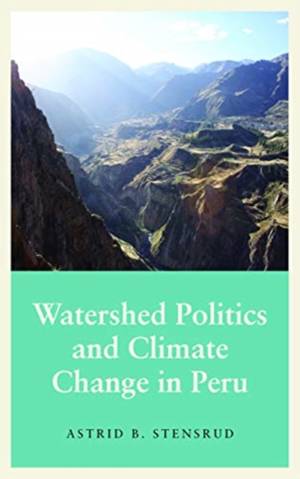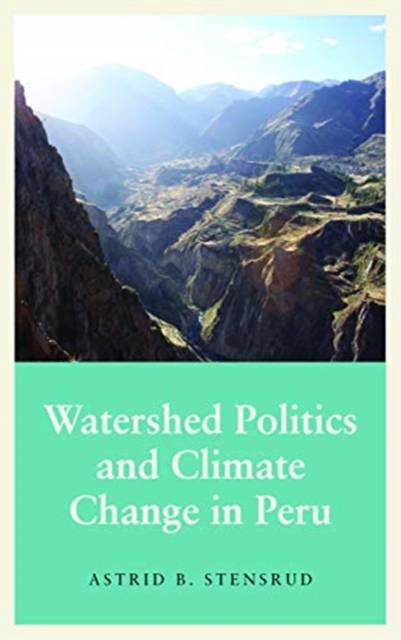
- Retrait gratuit dans votre magasin Club
- 7.000.000 titres dans notre catalogue
- Payer en toute sécurité
- Toujours un magasin près de chez vous
- Retrait gratuit dans votre magasin Club
- 7.000.000 titres dans notre catalogue
- Payer en toute sécurité
- Toujours un magasin près de chez vous
Description
This book travels to the heart of power, inequality and injustice in water politics. Drawing on extensive ethnographic fieldwork in Peru, Astrid B. Stensrud explores the impact of climate change and extractivist neoliberal policies - including Integrated Water Resources Management (IWRM), a global paradigm that views water as a finite resource in need of management.
Where the local bureaucracy has adapted to IWRM and a new water culture is being fostered amongst the population, Stensrud examines the tensions arising between 'indigeneity' and 'modernity', between multiple worldmaking practices and questions of power and standardization. Engaging with the many different actors and entities participating in the constitution of the watershed - from engineers, bureaucrats and farmers, to animals, mountains, springs and canals - Stensrud shines light on different practices and meanings of water and how both the watershed and our understanding of water itself have changed over the last few decades. Methodologically innovative, Watershed Politics and Climate Change in Peru makes an original contribution to the scholarship on global-local relationships.Spécifications
Parties prenantes
- Auteur(s) :
- Editeur:
Contenu
- Nombre de pages :
- 240
- Langue:
- Anglais
- Collection :
Caractéristiques
- EAN:
- 9780745340203
- Date de parution :
- 20-07-21
- Format:
- Livre relié
- Format numérique:
- Genaaid
- Dimensions :
- 137 mm x 218 mm
- Poids :
- 340 g







